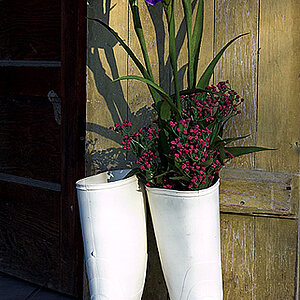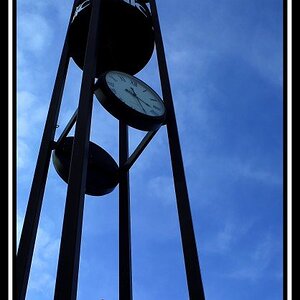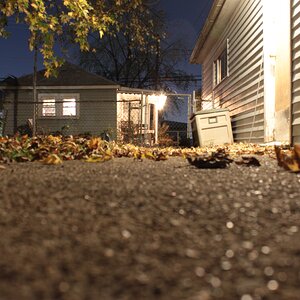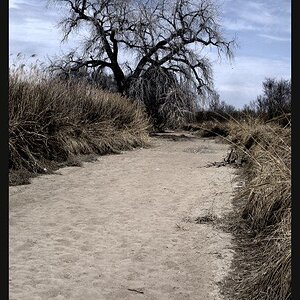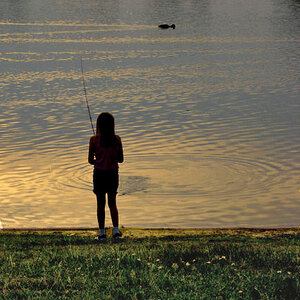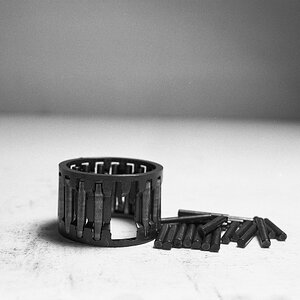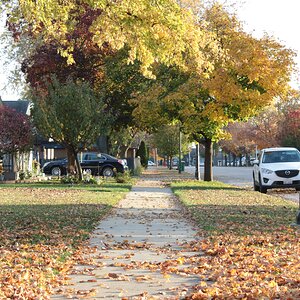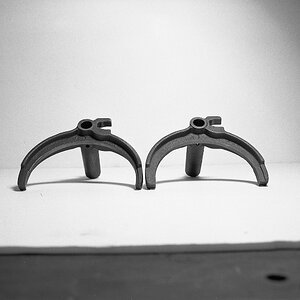Josh66
Been spending a lot of time on here!
- Joined
- Oct 31, 2007
- Messages
- 14,593
- Reaction score
- 1,239
- Location
- Cedar Hill, Texas
- Can others edit my Photos
- Photos NOT OK to edit
I'm curious, what are some things that just can't be done digitally with today's technology? Things that only film can do. (And do you think digital will ever have the capability?)
(Hmm... Maybe another good thread would be "...Can't be done on film", things that only a digital sensor can give you.)
EDIT: I started that thread - "...Can't be done on film".
I don't want this to turn into a Film vs. Digital thread, so please don't take it there guys. I love and use both film and digital, this is to learn more about the differances between them.
The first thing that comes to my mind is all night long star trail photos. I don't think there's a digital camera out there that could do a 6 hour + exposure and come away with a usable image (from a single exposure). I think one day we will see digital cameras that can do this (maybe by "strobing" the sensor?), but I don't think we're likely to see it any time soon.
So, what else is there?
(Hmm... Maybe another good thread would be "...Can't be done on film", things that only a digital sensor can give you.)
EDIT: I started that thread - "...Can't be done on film".
I don't want this to turn into a Film vs. Digital thread, so please don't take it there guys. I love and use both film and digital, this is to learn more about the differances between them.
The first thing that comes to my mind is all night long star trail photos. I don't think there's a digital camera out there that could do a 6 hour + exposure and come away with a usable image (from a single exposure). I think one day we will see digital cameras that can do this (maybe by "strobing" the sensor?), but I don't think we're likely to see it any time soon.
So, what else is there?
Last edited:


